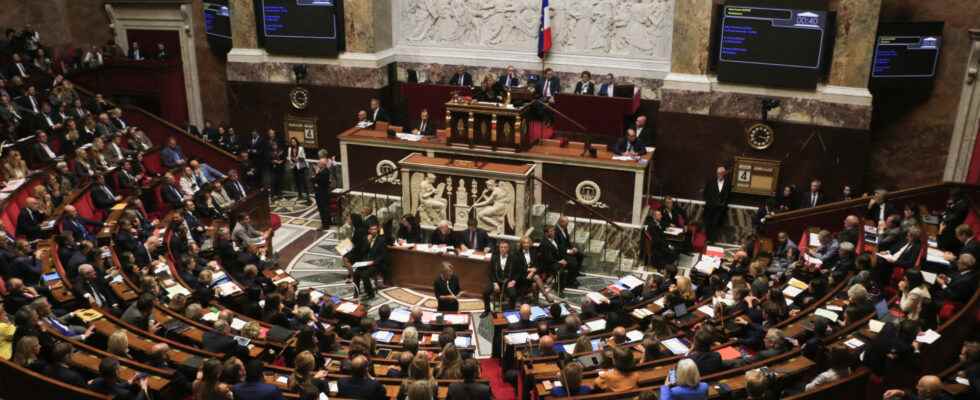New setback for the government in the examination of the 2023 budget: the Assembly voted, against its opinion, the restoration in its initial version of the “exit tax”, concerning the tax exile of entrepreneurs. The partial abolition of this “exit tax”, introduced in 2011 under Nicolas Sarkozy, was a strong measure of Macron’s first five-year term, in the name of France’s attractiveness.
Unrealized capital gains tax reinstated
Fabrice Brun’s LR amendment, which was approved almost unanimously by the opposition, restores the tax on the latent capital gains of business leaders who decide to transfer their tax domicile abroad, in the event of an effective transfer of their assets in France within 15 years after their departure. In 2018, Emmanuel Macron announced the abolition of the tax, which had been replaced by a device on the transfer of assets, but within two years after the departure of these business leaders.
Since this reform, “the device is no longer effective”, argued the group Les Républicains (LR). “For three years our country has again been the most attractive in Europe for foreign investment. There is a positive impact to these reforms”, defended for his part the Minister of Public Accounts Gabriel Attal, calling for “not to break something that works”.
“An amendment that gives full meaning to this tax”
MoDem deputy Mohamed Laqhila also asked in vain not to send a “bad message” to entrepreneurs, such as the elected representative of French people living abroad Stéphane Vojetta (Renaissance group). But during the vote, acquired by 155 votes against 133, the MoDem group, a member of the majority, was divided: 11 for, 11 against.
Favorable to the restoration of the “exit tax”, the leader of the RN deputies Marine Le Pen called for “the assessment of the runoff: it did not work”. “We must draw the consequences. And change the policy that has been carried out,” she said. The left welcomed: “It is an amendment which gives full meaning to this tax”, according to the socialist Philippe Brun. “Once again the government is largely in the minority,” welcomed LFI Chairman of the Finance Committee Eric Coquerel.
This setback comes the day after another disappointment for the government, the vote against its opinion of an increase in taxation on dividends from large companies, temporarily increased from 30 to 35%. “It’s hot every time,” blows a Renaissance parliamentary source.
